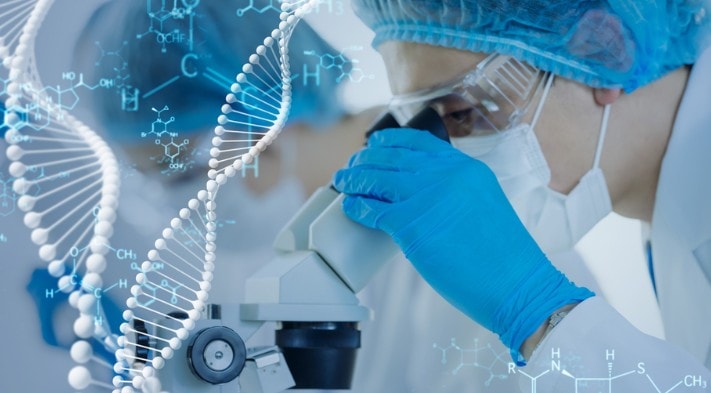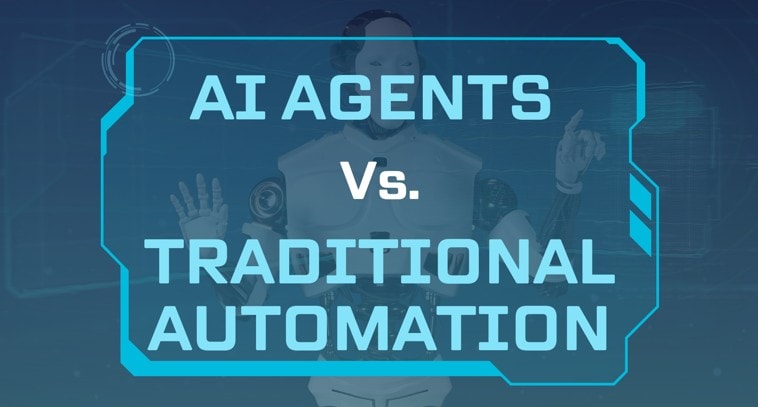In the realm of medicine, few discoveries have had as profound an impact as antibiotics. These remarkable substances have revolutionized healthcare, saving countless lives and changing the course of human history. To truly appreciate the significance of antibiotics, we must embark on a journey through their comprehensive history, from the ancient civilizations to the cutting-edge research of today.

Ancient Remedies and Observations
While antibiotics, as we understand them today, were not known to ancient civilizations, historical records indicate the use of various natural substances with antibacterial properties. Ancient Egyptians, for instance, used mouldy bread and fermented liquids to treat infected wounds, unaware that they were harnessing the power of natural antibiotics.
The Birth of Modern Antibiotics
The true dawn of antibiotics can be traced back to the early 20th century when scientists like Paul Ehrlich began systematically searching for chemicals that could target and kill disease-causing microorganisms. Ehrlich’s pioneering work led to the discovery of the first effective antibiotic, arsphenamine, used to treat syphilis.
Penicillin: The Game-Changer
The most iconic chapter in the history of antibiotics began in 1928 when Alexander Fleming, a Scottish bacteriologist, made a serendipitous discovery. He noticed that a mold called Penicillium notatum produced a substance capable of killing a wide range of bacteria. This chance observation gave birth to penicillin, the world’s first true antibiotic.
The development of penicillin as a therapeutic agent was greatly accelerated during World War II when the need for infection-fighting drugs became paramount. Large-scale production of penicillin saved countless lives during the war, earning Fleming, Howard Florey, and Ernst Boris Chain the Nobel Prize in Physiology or Medicine in 1945.
You may also like Overcoming the Grip: A Comprehensive Guide to Porn Addiction Rehab
The Antibiotic Revolution
The success of penicillin sparked a race to discover and develop more antibiotics. Streptomycin, tetracycline, erythromycin, and chloramphenicol were among the early antibiotics that followed. These drugs opened new avenues in medicine, enabling the treatment of bacterial infections that were once deadly.
Overcoming Antibiotic Resistance
As antibiotics became more widely used, bacteria evolved in response. Over time, some strains developed resistance to antibiotics, rendering previously effective treatments obsolete. This challenge prompted scientists and healthcare professionals to adopt more responsible antibiotic use and seek innovative solutions.
The Golden Age of Antibiotics
The mid-20th century marked a golden age of antibiotic discovery, with a surge in new drugs hitting the market. These antibiotics played a pivotal role in the treatment of infections, surgical procedures, and more. Notable additions during this era included cephalosporins, aminoglycosides, and fluoroquinolones.
Antibiotics in Modern Medicine
Today, antibiotics are indispensable in modern medicine. They are used not only to treat bacterial infections but also in preventive measures during surgeries and in cancer treatment to prevent infections caused by weakened immune systems. Antibiotics have made organ transplantation, chemotherapy, and other complex medical procedures possible.
Challenges and Future Directions
Despite their immense benefits, antibiotics are not without challenges. Antibiotic resistance remains a significant concern, prompting ongoing research into novel antibiotics, combination therapies, and alternative approaches such as phage therapy. The responsible use of antibiotics, coupled with public awareness, is crucial in managing this global health threat.
Conclusion
The history of antibiotics is a testament to human ingenuity and the relentless pursuit of solutions to combat deadly infections. From the accidental discovery of penicillin to the development of a vast array of antibiotics, this journey has reshaped medicine and transformed our approach to healthcare. While challenges like antibiotic resistance persist, ongoing research and responsible use continue to drive progress in the field.
As we move forward, it’s essential to remember that antibiotics are a finite resource. Preserving their efficacy is not only a scientific challenge but also a responsibility shared by healthcare professionals and the general public alike. The history of antibiotics reminds us of the incredible impact that scientific discoveries can have on society and underscores the importance of continued innovation in the field of medicine.










